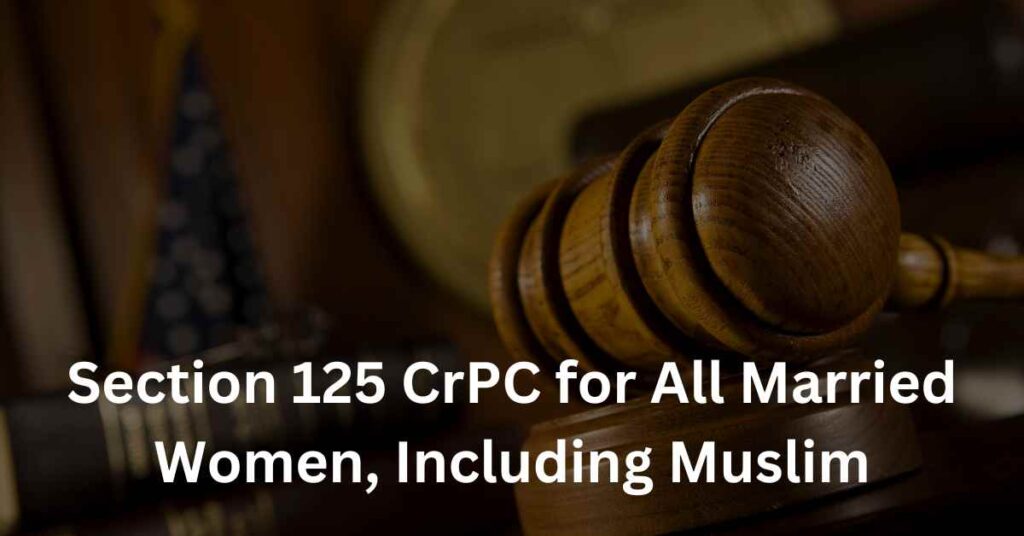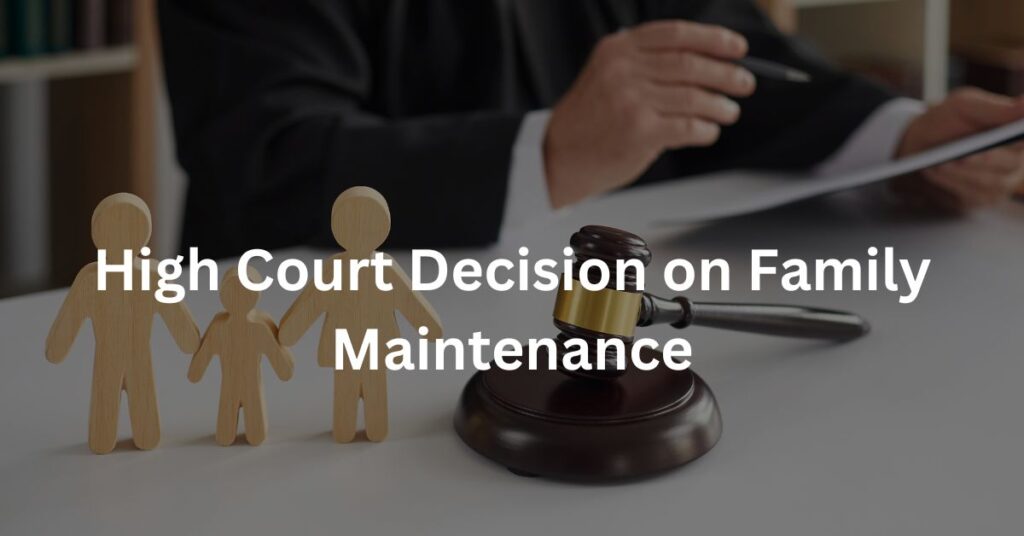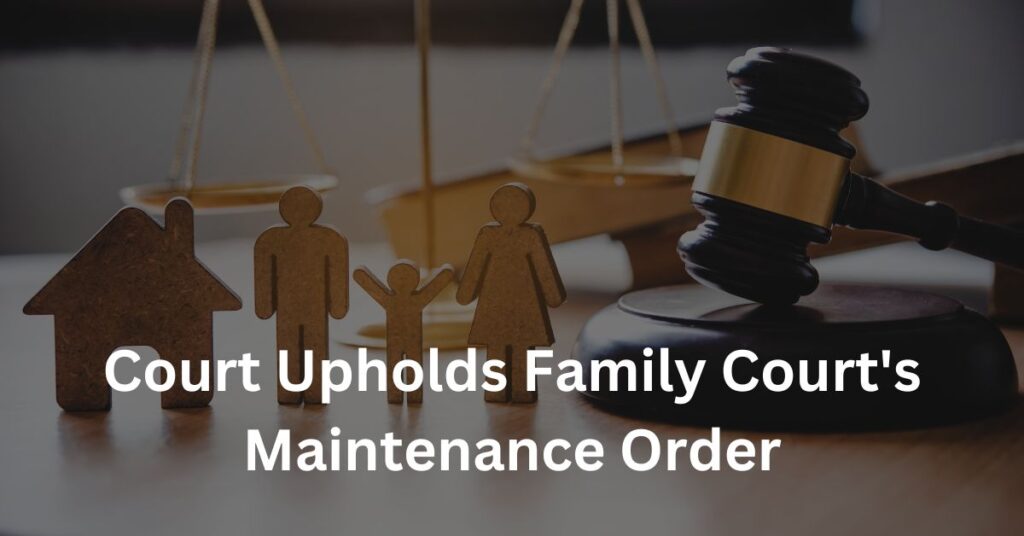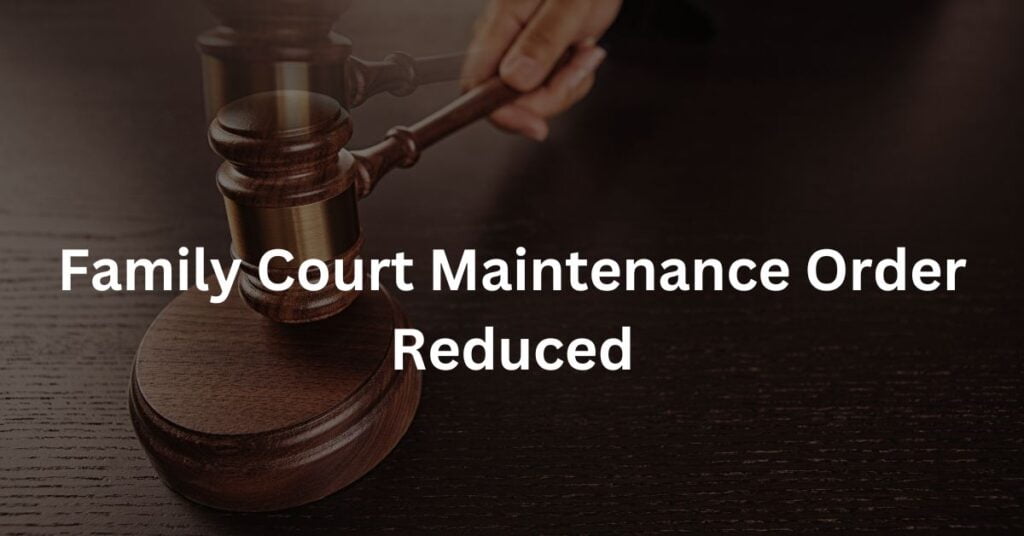The Supreme Court of India, in its judgment on July 10, 2024, addressed significant issues concerning maintenance rights for Muslim women. The judgment was delivered in the Criminal Appeal No. 2842 of 2024, arising from Special Leave Petition (Crl.) No. 1614 of 2024, involving the appellant Mohd. Abdul Samad and the State of Telangana.
Applicability of Section 125 CrPC
The Supreme Court provided clarity on the application of Section 125 of CrPC (now Section 144 of BNSS), which mandates maintenance for wives, children, and parents unable to support themselves. The Court affirmed that:
- Section 125 CrPC applies to all married women, regardless of religion.
- It also applies to all non-Muslim divorced women.
Maintenance for Muslim Women
For Muslim women, the judgment outlined the following:
- Muslim women married and divorced under the Special Marriage Act can seek maintenance under Section 125 CrPC in addition to remedies available under the Special Marriage Act.
- For Muslim women married and divorced under Muslim law, Section 125 CrPC and the Muslim Women (Protection of Rights on Divorce) Act, 1986, are applicable. These women have the option to seek remedies under either or both laws.
- If a divorced Muslim woman opts for Section 125 CrPC, any order under the 1986 Act must be considered under Section 127(3)(b) CrPC.
- The 1986 Act provides a pathway for divorced Muslim women to file for maintenance, which must be resolved according to the Act.
Maintenance in Case of Illegal Divorce
The judgment also addressed situations involving illegal divorces under the Muslim Women (Protection of Rights on Marriage) Act, 2019. It stated:
- In cases of illegal divorce, women can seek subsistence allowance under Section 5 of the 2019 Act or opt for maintenance under Section 125 CrPC.
- If a Muslim woman is divorced during the pendency of a petition under Section 125 CrPC, she can continue under Section 125 or file under the 2019 Act.
- The 2019 Act provides additional remedies and does not replace Section 125 CrPC.



